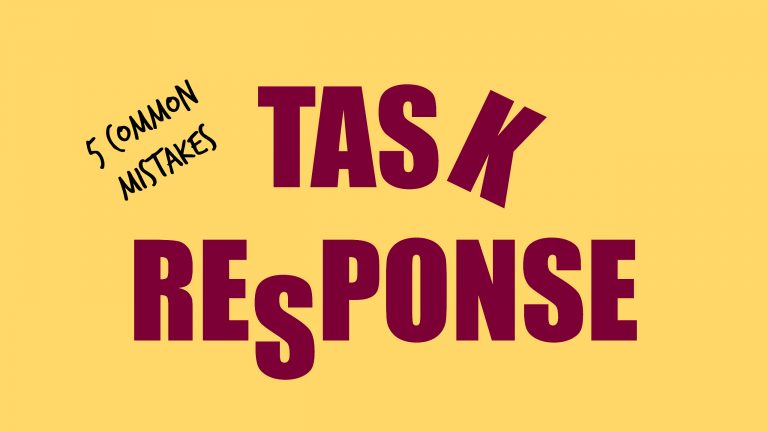
IELTS Cause Effect essays: Stop exaggerating your arguments
A lot of IELTS teachers tell students that their “ideas don’t matter”, but this is simply NOT true. Yes, you are free to agree or disagree with any question (so there is no “right” opinion) but if you need a high IELTS score, then it is extremely important that your ideas are both relevant and convincing. In this week’s blog, I want to show you how to drastically improve the quality of the arguments in your essay by giving ideas that are less dramatic, which can be a real problem in IELTS Cause Effect essays in particular!

